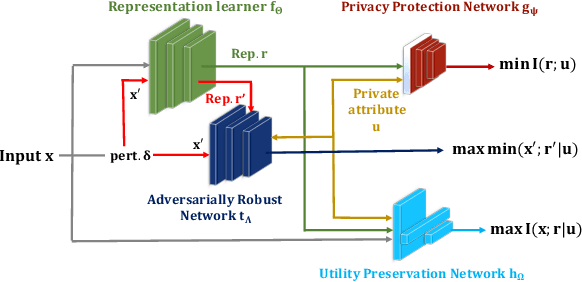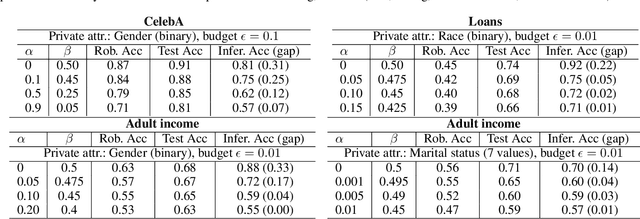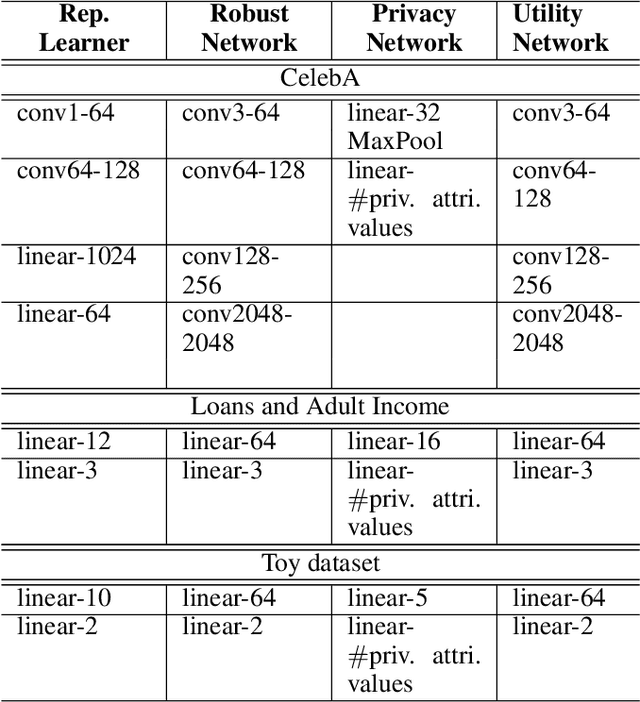Yun Dong
Learning Robust and Privacy-Preserving Representations via Information Theory
Dec 15, 2024



Abstract:Machine learning models are vulnerable to both security attacks (e.g., adversarial examples) and privacy attacks (e.g., private attribute inference). We take the first step to mitigate both the security and privacy attacks, and maintain task utility as well. Particularly, we propose an information-theoretic framework to achieve the goals through the lens of representation learning, i.e., learning representations that are robust to both adversarial examples and attribute inference adversaries. We also derive novel theoretical results under our framework, e.g., the inherent trade-off between adversarial robustness/utility and attribute privacy, and guaranteed attribute privacy leakage against attribute inference adversaries.
Graph Neural Network Explanations are Fragile
Jun 05, 2024Abstract:Explainable Graph Neural Network (GNN) has emerged recently to foster the trust of using GNNs. Existing GNN explainers are developed from various perspectives to enhance the explanation performance. We take the first step to study GNN explainers under adversarial attack--We found that an adversary slightly perturbing graph structure can ensure GNN model makes correct predictions, but the GNN explainer yields a drastically different explanation on the perturbed graph. Specifically, we first formulate the attack problem under a practical threat model (i.e., the adversary has limited knowledge about the GNN explainer and a restricted perturbation budget). We then design two methods (i.e., one is loss-based and the other is deduction-based) to realize the attack. We evaluate our attacks on various GNN explainers and the results show these explainers are fragile.
 Add to Chrome
Add to Chrome Add to Firefox
Add to Firefox Add to Edge
Add to Edge